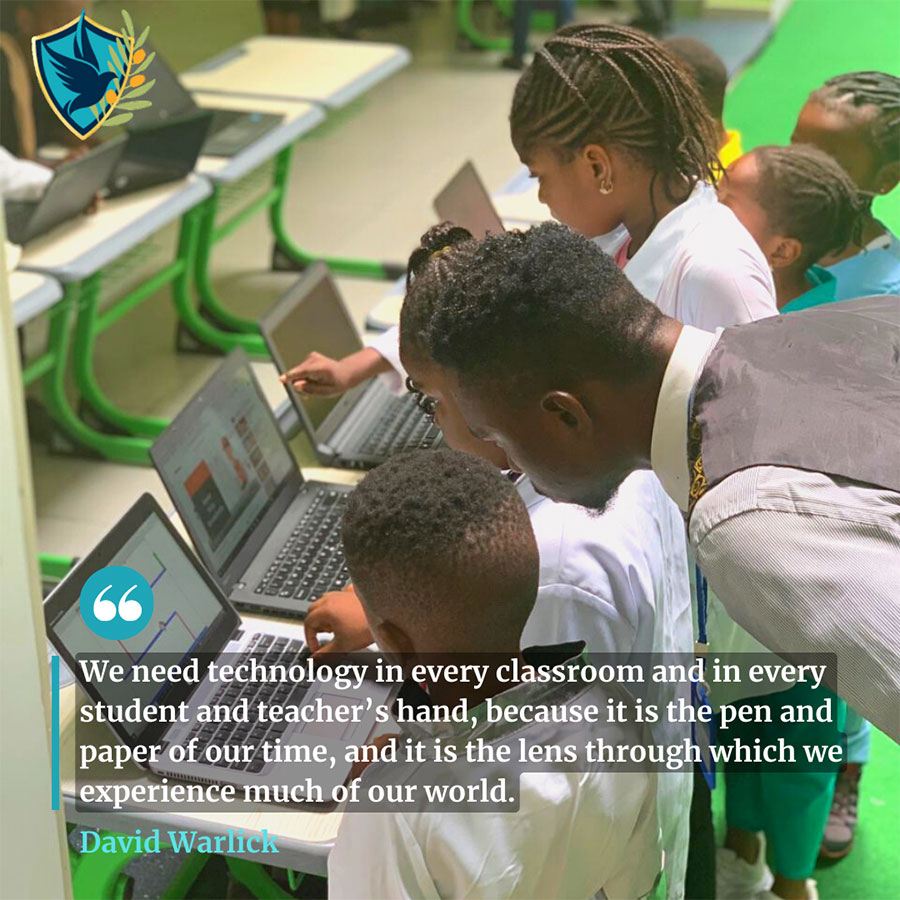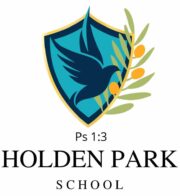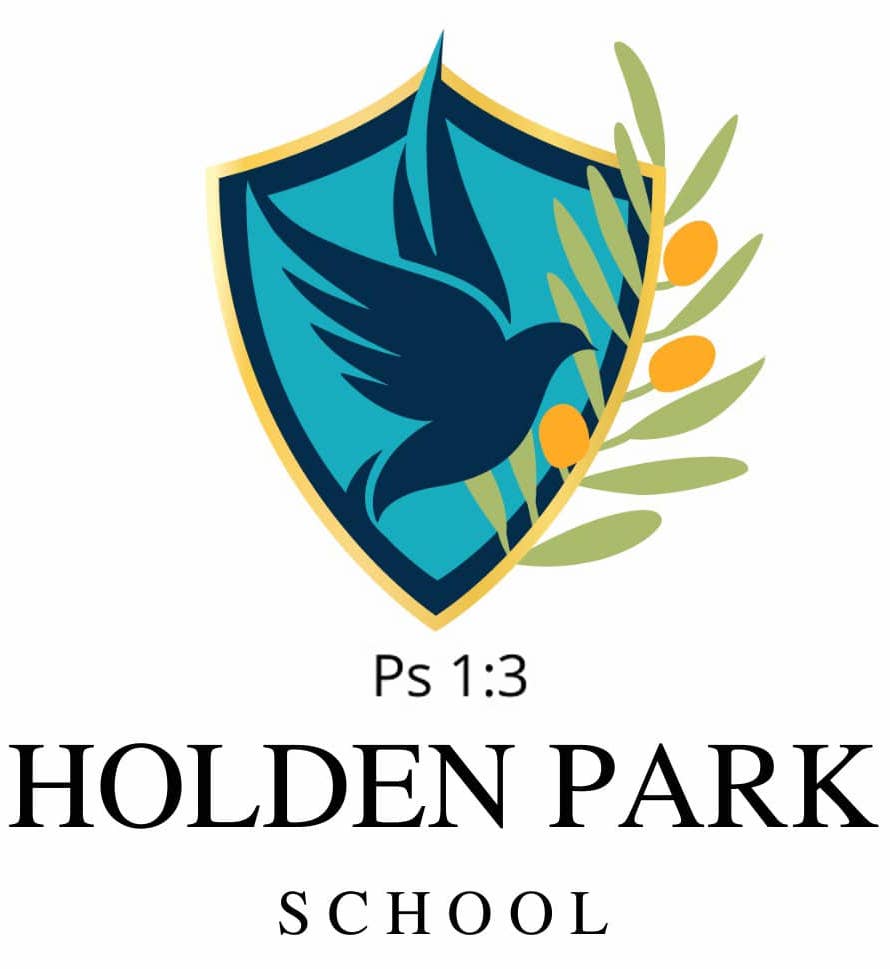Music
May 30, 2023 2023-05-30 12:36Music

We love Music at HPS as we recognise the warmth as well as the special bond it creates. Music has been proven to increase student engagement in school and it allows students an opportunity to experience different cultures.
We are heavily invested in providing a wide range of musical experiences, including musical history, composition and performance, for our students.
The aim of our Music curriculum is to.
- introduce learners to different type of music from around the world throughout history.
- enable learners to experience performing music in class and through extra-curricular activities.
- give learners a foundation in musical knowledge which they can appreciate and build on through their lives.
- develop learner language and reasoning and help imprint information on young minds
- help students gain mastery and increase coordination
Key Stage 3
It is compulsory for our students to learn to play a minimum of 2 musical instruments. Sibelius 7 is used by all pupils in class music lessons in association with the theory and composing work outlined below:
In year 7, students are introduced to the basic rudiments of music. These are then put into practice through composing and performing work which is related to descriptive elements. They listen to Western and non-Western music which has a descriptive aspect. We also feature a good touch of African music so they learn to appreciate the different styles available.
At year 8, the rudiments of music from Year 7 are deepened through the study of Chromaticism, Scales and Intervals. Further composition work is carried out using these elements along with related listening and some class singing.
At year 9, our learners study how different structures and styles such as Variations, Modes and Blues. Composition work using these elements are done individually and in groups with the opportunity to perform their compositions. Related listening is carried out to give examples of these elements.
Key Stage 4
There are three main elements to this course – Composing, Performing and Listening. Two compositions are to be produced with close attention to Rhythm & Metre, Harmony & Tonality, Texture & Melody, Timbre & Dynamics, Structure & Form. Solo and Ensemble work is performed and the Listening Test exam tests our students’ ability to recognise the elements used in the composing. All learners are encouraged to be ambitious in their work and to achieve at a very high standard as specified by the curriculum.
Educational visits and extracurricular activity
There are a number of educational visits as well as numerous extra-curricular musical activities for learners to engage with; these include music galas, competitions, orchestra presentations etc.
Rooms and resources
The music department has a large teaching room of which are used for choir, band and other ensemble rehearsals. There is an extensive library of music for the choirs, orchestra and school band.



